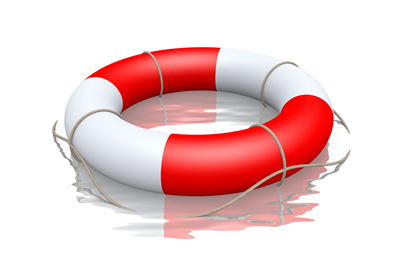Sorry that page could not be found.
But hold on! Let us throw you a life preserver to help you out.
Below are a few common links we found that people were looking for or use our SEARCH PAGE to find it that way. :)

But hold on! Let us throw you a life preserver to help you out.
Below are a few common links we found that people were looking for or use our SEARCH PAGE to find it that way. :)
